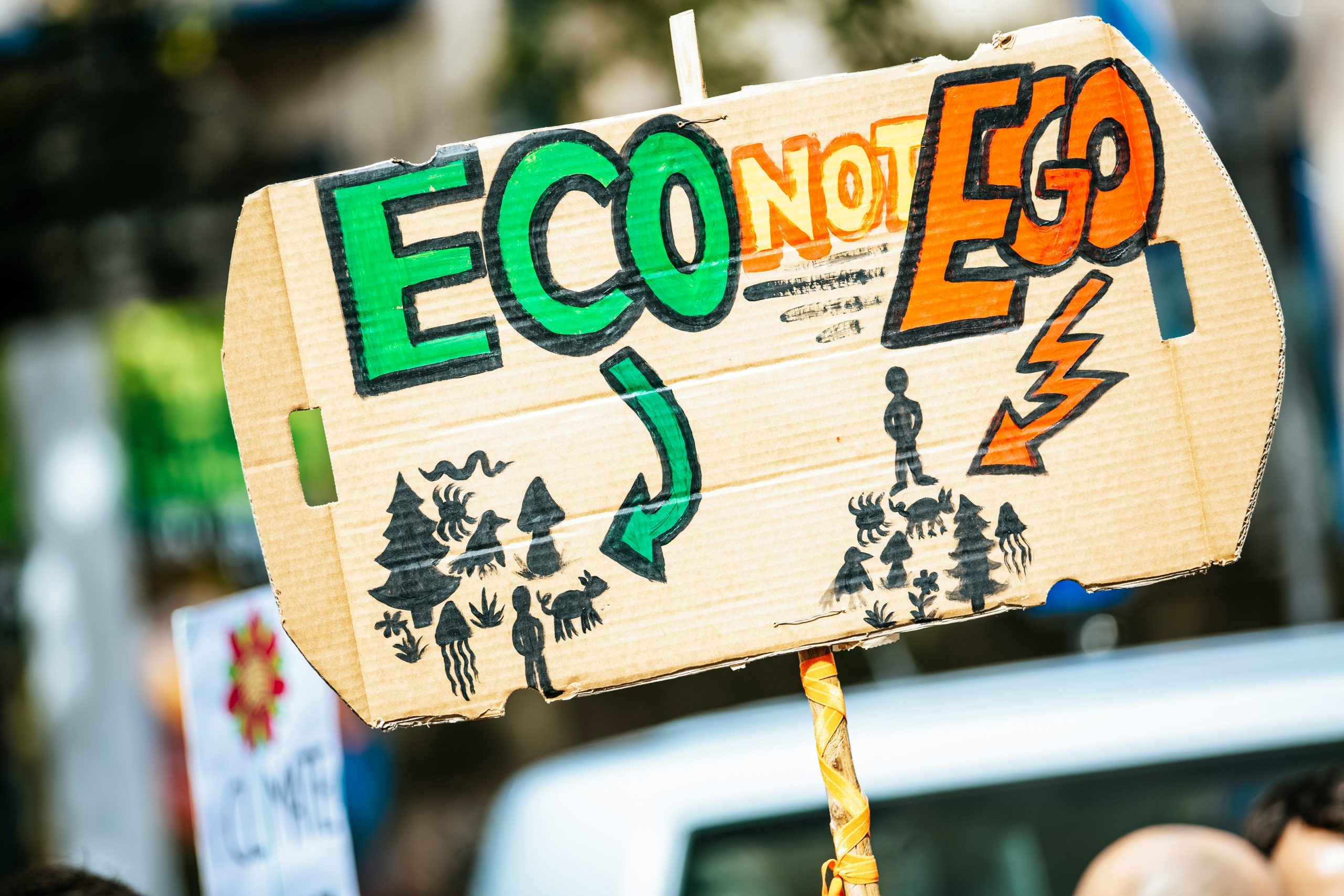Journalists investigating issues related to natural resources often face threats, arrests, assaults, and even the risk of being killed, according to Reporters Without Borders (RSF). As the United Nations annual climate change conference (COP30) opens, RSF calls on governments “to ensure that defending reliable reporting and its actors is a key component of the fight against climate change.”
Data shows that in the last 12 months, 30 journalists have been harassed, threatened, assaulted, detained, or even killed for reporting on environmental issues. According to RSF, these cases involved various forms of abuse: from arbitrary arrests, physical violence, and confiscation of equipment to intimidation, death threats, smear campaigns, and political or economic harassment. Among the cases documented by the media NGO are several in Europe—Bulgaria, France, Slovakia, and Ukraine.
“A few days ago, United Nations Secretary-General Antonio Guterres called on the whole world to combat climate misinformation. Reporters Without Borders (RSF) reiterates that to achieve this, you must prioritize protecting reliable reporting in the fight against climate change. Whether in Ukraine, Cambodia, Ghana, or Brazil, journalists investigating environmental issues face censorship, threats, and sometimes death on a daily basis. These courageous sources of credible information are essential for exposing pollution, deforestation, illegal expropriations, and environmentally unsound mining. They are the ones who, despite intimidation and violence, enable the world to learn the truth about the climate crisis,” said RSF Editorial Director Anne Bocandé.
At the same time, according to RSF figures, in the last decade, nearly 30 journalists around the world have been killed for investigating and reporting on serious issues related to the environment, natural resources, and their management, exposing illegal land exploitation, gold mining, deforestation, and pollution. The NGO reports that some were in India because they reported on the “sand mafia,” while others were in the Amazon while reporting on deforestation. Some journalists were denied entry to countries because they showed interest in these issues. Others were attacked while reporting on protests against climate change. Arbitrary imprisonment also continues to be one of the main threats to these reporters.”
COP30 is taking place in the Brazilian city of Belém and is the annual meeting of the Framework Convention on Climate Change (UNFCCC), where world leaders, experts, and environmental activists meet to negotiate policies and measures to reduce the impact of climate change and accelerate the transition to a sustainable economy.
